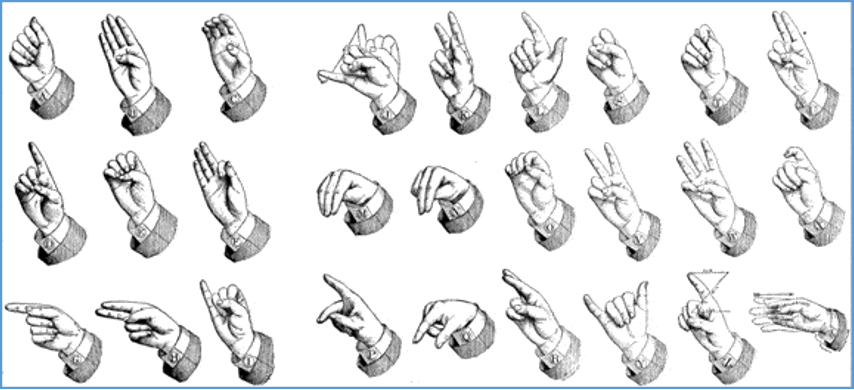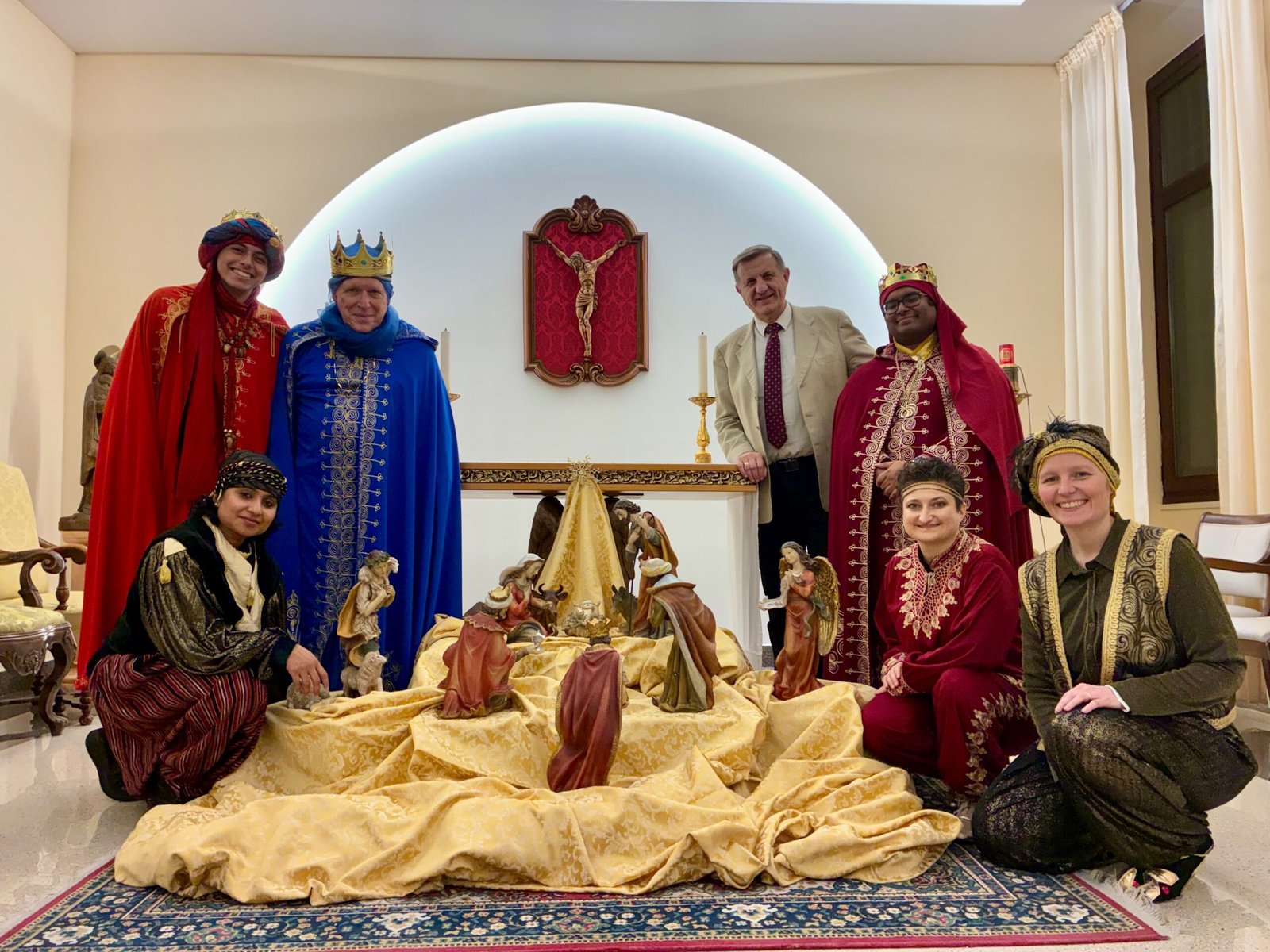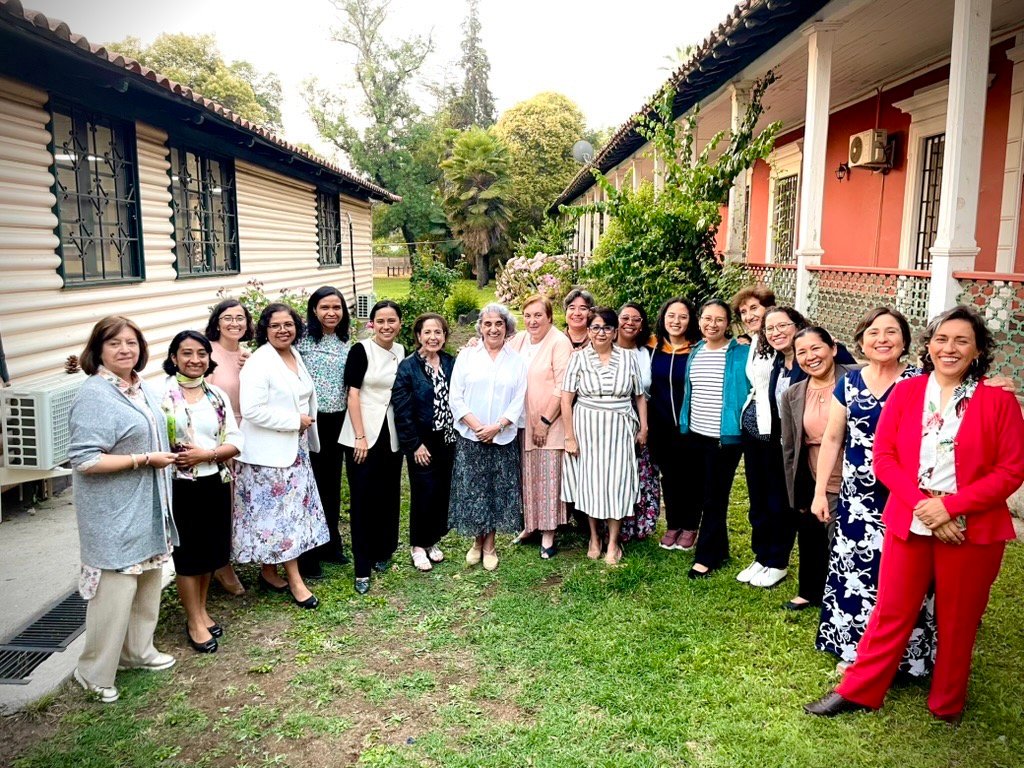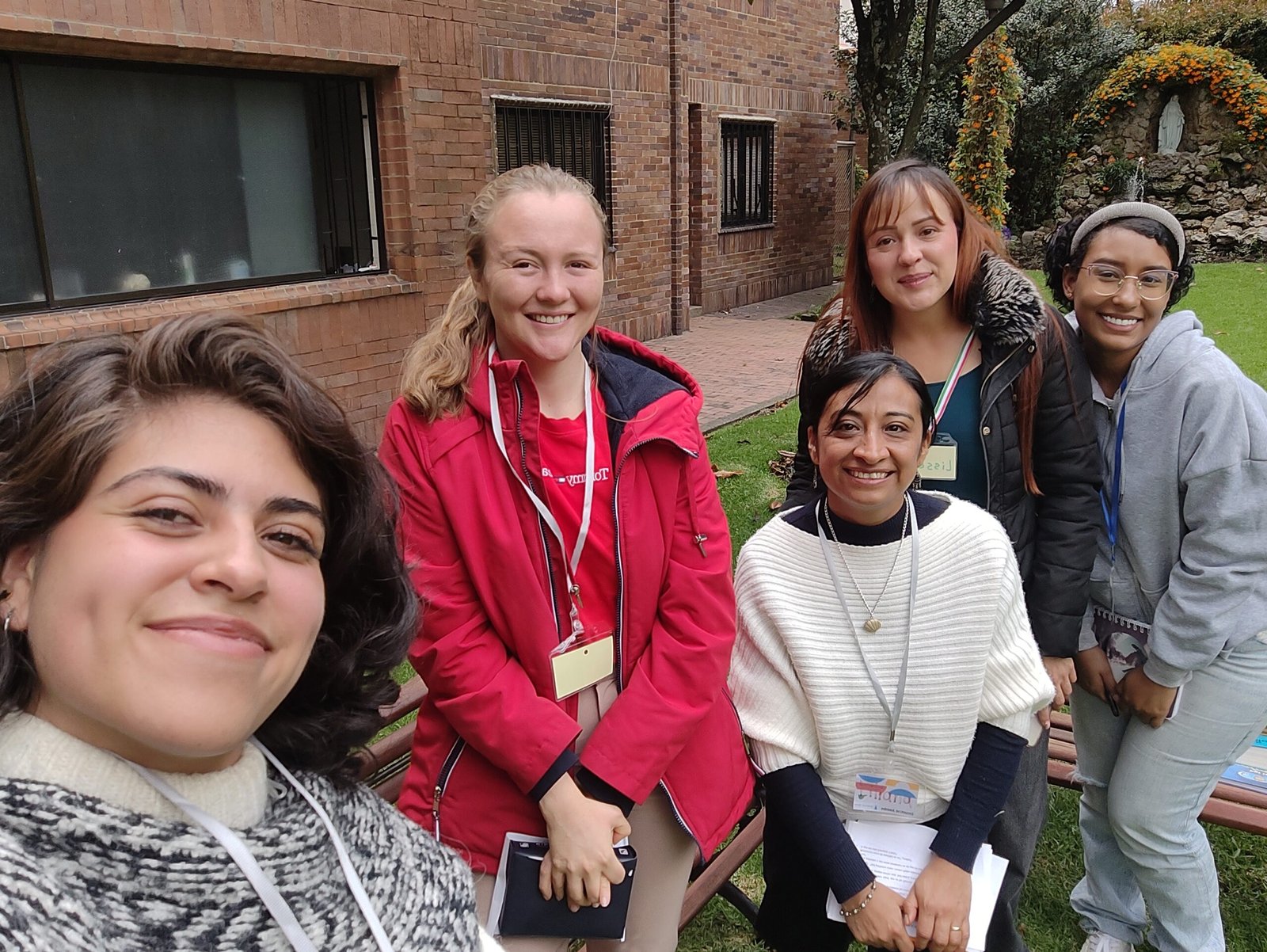
Gospel according to Saint Mark 7,31-37
Again Jesus left the district of Tyre and went by way of Sidon to the Sea of Galilee, into the district of the Decapolis. And people brought to him a deaf man who had a speech impediment and begged him to lay his hand on him. He took him off by himself away from the crowd. He put his finger into the man’s ears and, spitting, touched his tongue; then he looked up to heaven and groaned, and said to him, “Ephphatha!”— that is, “Be opened!” — And immediately the man’s ears were opened, his speech impediment was removed, and he spoke plainly. He ordered them not to tell anyone. But the more he ordered them not to, the more they proclaimed it. They were exceedingly astonished and they said, “He has done all things well. He makes the deaf hear and the mute speak.”
Because I told you I saw you under the fig tree have you believed?
Luis CASASUS President of the Idente Missionaries
Rome, September 08, 2024 | XXIII Sunday in Ordinary Time
Is 35: 4-7; James 2: 1-5; Mk 7: 31-37
In the life of each one of us, things happen that we consider extraordinary and unexpected. The title of this reflection is the words of Nathanael, when he was astonished to learn that Jesus had seen him resting under a tree before they met. Sometimes we call these events “miracles” and at other times we do not give them importance, we do not contemplate them with care, perhaps because our sensitivity is somewhat numbed.
To understand this, it is useful to recall an anecdote of the French genius Blaise Pascal (1623-1662).
One day he had an appointment with a friend at a hilltop chateau. Some time passed while he waited for his friend; the latter arrived with a deformed face, torn clothes and a body full of bruises and wounds.
What happened to you? asked Pascal.
You can’t imagine what a miracle God has just done for me! his friend replied. On my way here, my horse fell off near a slope. I fell off too and went tumbling, but I stopped just before the cliff. Can you imagine what a miracle the Lord has done for me!
To which Pascal calmly replied: And what a miracle the Lord has done for me, when you came, I didn’t even fall off my horse!
Today’s Gospel text presents a case where the miracle produces admiration, gratitude and a change in the life of the person who benefits from the prodigy of an unimaginable healing.
But authentic miracles happen all the time, spectacular or almost secret facts, but difficult to explain, that deserve our attention.
For example, this is true in the field of science. Less than 30 years ago, biologists became aware that the human body resembles… a zoo: the number of bacteria in our body is greater than the number of “human” cells, which reaches values in the billions. And yet, we coexist with these guests, almost always in harmony and mutual benefit, until sometimes an imbalance occurs and problems begin, sometimes fatal. It could be said, without exaggeration, that a person’s life is a true miracle in the form of a delicate balance.
—ooOoo—
In the First Book of Kings, the story of the great drought suffered by the people is told. When God sent Elijah confirmation that it was finally going to rain, Elijah asked his servant to look towards the sea to see if it was raining, and six times he returned informing the prophet that nothing was happening in that direction.
The seventh time, the servant returns saying that there was a cloud in the sky, showing how small it was, just like a man’s hand. But it was that small cloud that announced the coming of a great rain, which would put an end to all the drought. A cloud, which was so small that the servant did not take it into account, was responsible for bringing to the people the promise of a new time, the end of the drought.
If we look at our relationship with the Divine Persons, what the Brazilian writer João Guimarães Rosa said applies to us: When nothing happens, there is a miracle that we are not seeing.
These are authentic prophetic signs, which go hand in hand with the miracle. In the story of Elijah that we have mentioned, that little cloud contained a prodigious message, the end of a long punishment that Israel suffered because of its idolatry and sin. If I am faithful, if I do not miss the small occasion to do good now, without judging or stopping to contemplate the defects of my neighbor, I am certainly collaborating in a miracle. This is what happened to the one who brought the deaf-mute to Christ, what also happened to Martha and Mary, when they called Jesus to heal him. Jesus’ response may seem to me slow, strange or even – in my bold pride – inappropriate, but I cannot forget that, as amazing as it is, He does NOT WANT to act without me.
Blindness, deafness, paralysis, dumbness… are illnesses that in the Bible metaphorically represent, above all, the inability to welcome God’s word and to proclaim it. In fact, today’s healing is that of a pagan, an inhabitant of the Decapolis, which makes it even clearer what Christ wants to convey to us.
On the other hand, the deaf-mute person has great difficulty in living together; it is only with great difficulty that he or she is able to leave the narrow world in which his or her disability encloses him or her. Therefore, today’s miracle has a profound anthropological meaning, because it makes us understand that no one can have a full life, a complete relationship with his neighbor and with God, if we do not allow and encourage him to know Christ, first as man and then, necessarily, as the Son of God.
If the healing of this deaf-mute fills him with joy, what can we say about ourselves, when miraculously Providence allows us to hear his voice, to know his intentions, to see the next step we have to take? There are so many people of good will who are lost, discouraged and tired… and mysteriously we are the ones invited to the Lord’s supper.
—ooOoo—
The Second Reading also speaks to us of our deafness to human suffering. Perhaps it is not our fault, but we have to recognize our sickness, our limitation, and beg for our sensitivity to grow, like that of a person who takes care of a sick person and ends up guessing what is happening to him just by looking at him or listening to the tone of his voice.
We are deaf and blind when we do not see in a brother’s nervousness or his need to clarify something a sign of tiredness, of exhaustion. I am deaf and blind if I refuse to communicate with certain brothers, with a thousand excuses and do not even greet them, lowering my gaze in their presence.
James does not only refer to discrimination by social position, but to the favoritism that you and I may have, sometimes unconsciously, because it is easier for us to talk or live with certain people and we are dazzled by the shortcomings and clumsiness of others, as James explains today in his Epistle speaking of the “poor ragged one” who comes to the assembly. The poverty of which the Bible speaks is not only the lack of money, let us not forget that! His conclusion is: Has God not chosen the poor of the world to make them rich in faith and heirs of the kingdom, which he promised to those who love Him?
This Second Reading reinforces the message of the Gospel text, confirming that the Word of God is destined for everyone and has an effect on everyone, no matter how much we may resist it and how clumsy we may be. Sooner or later, as the First Reading emphatically announces, it draws us gently or violently into the presence of the Divine Persons.
When a consecrated person is asked to share how she felt her vocation, she may relate some special moment, at other times she refers to “something that grew” within her, or to the testimony she received from someone, or to the need she saw around her… but all agree that, deep down, it is something inexplicable, to which the name of miracle can be applied. Moreover, perseverance is even more surprising and prodigious, because it is not the same to commit sins when one does not know Christ as it is to be unfaithful after having been called by Him.
Mary, the Mother of God, gives us the perfect example of how to act when we are aware of having benefited from a miracle: she shares her state of gratitude with everyone, in a poetic way, in her case with the Magnificat; and she sets out immediately, using the strength she has received to help those close to her. This gratitude is based on the awareness that I have been chosen, that God treats me in a personal and unique way, as he does with the deaf-mute of the Decapolis, setting him apart from the crowd.
Who brought this deaf-mute close to Jesus? We do not know. But undoubtedly, that gesture gave him the joy that would mark not only his life but also his eternity. This teaches us how we can be cooperators in miracles, even if we did not intend it. God offers us small signs, so that we may be faithful to them.
The person who made the miracle possible teaches us that our concern for a brother, for a sister, does not find a solution in our experience, insight or good intentions. The only possibility of authentic healing is in the hands of Christ. Although we are sometimes happily able to contribute to the alleviation of some ills, of certain limitations, nothing is enough if we are not able to transmit the message of the First Reading: Be strong, do not be afraid, for your God is coming with vengeance. Retribution will come from God himself, but he will save you. Christ gives us an example of faith and humility, raising his eyes to heaven, to make us see that our Heavenly Father is our origin and our destiny and, moreover, that we can do nothing without placing ourselves under his gaze. Before trying to help our brother, we must raise our eyes to God, whether we feel helpless or perhaps we believe we are capable of doing good.
Christ does not work miracles out of a simple sense of pity; he who is involved in a miracle, especially the miracle of being forgiven, feels gratitude, but also acquires a debt that he is willing to pay, as happened to the witnesses of the healing of the deaf-mute. Certainly, they did not follow an adequate apostolic strategy, they even did something that hindered the desires of Christ, but they transmitted the essential: Jesus does everything well. It is the same thing that Genesis says when speaking of Creation. Undoubtedly, they could not assure that he was “the Son of God”, but they proclaimed the essential: We can trust this Master.
We, beginning with Baptism, have received the vision and the hearing to walk through this world full of noises and mirages that from which we can neither heal nor free ourselves alone. As Pope Francis says:
It is precisely the heart, that is, the deep core of the person, that Jesus came to open, to liberate, to make us capable of living fully our relationship with God and with others (9 SEPT 2018).
_______________________________
In the Sacred Hearts of Jesus, Mary and Joseph,
Luis CASASUS
President











